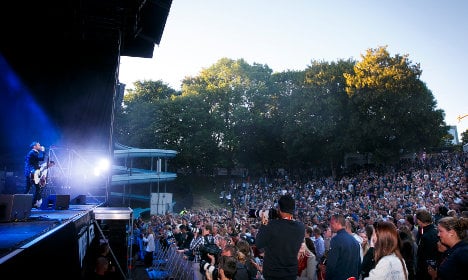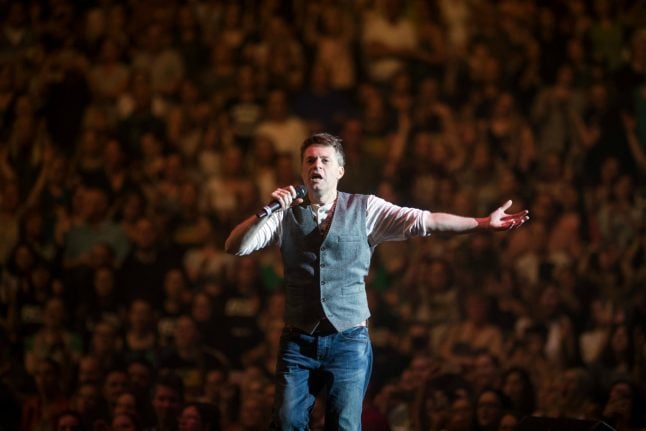1. Alva – Let Her Go
It might be straying a little too close to cliche to suggest that Alva may be Sweden's answer to Adele but make up your own mind. This is a right belter.
2. Kent – Egoist
Just because Kent are splitting up this year doesn't mean their radical fire has been doused. This angry broadside at the far-right talks of book burnings and rails against the acceptance of hatred.
3. Miike Snow – Genghis Khan
Miike Snow, two thirds of which comprise pop songwriting/producing titans Bloodshy & Avant, clearly know their way around a tune. Genghis Khan's hook is every bit as mighty as the titular warlord of the song.
4. THEA – Lilac Sky
This quite extraordinary debut single from a new Stockholm talent is almost overloaded with ideas, a la early period Grimes. Keep an ear out for THEA.
5. Duvchi – Sleep
Duvchi exemplifies what is great about Swedish pop. He slouches on stage looking like a stereotypical urban urchin about to talk up his love life and diss his rivals but instead makes this fragile, spectral music that almost defies classification. He also writes songs for Rihanna but declines to talk about it.
6. Loney Dear – Hulls
More unclassifiable electro-dappled magic, this time from the veteran Emil Svanängen who is more renowned for indie-folk anthems.
7. Tinie Tempah – Girls Like feat. Zara Larsson
Larsson only sings the chorus of this latest single from Tinie Tempah, but her vocals are becoming ever more distinctive and compelling.
8. Galantis – No Money
Another slice of prime, soon-to-be-globe-straddling disco cheese from this Stockholm duo, one of whom is Christian Karlsson, of Miike Snow and Bloodshy & Avant fame (see number three, above).
You can listen to the Spotify playlist here and watch the YouTube videos here.



 Please whitelist us to continue reading.
Please whitelist us to continue reading.